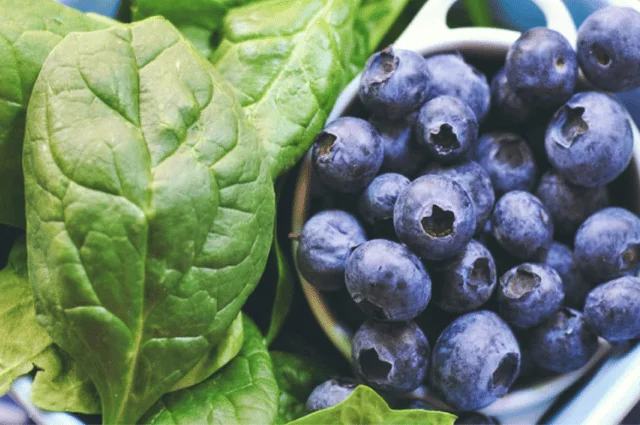Quercetin, a naturally occurring flavonoid found in many fruits and vegetables, is gaining recognition for its impressive health benefits. This plant pigment is known for its anti-inflammatory and antioxidant properties, making it a go-to supplement for a variety of conditions.
Key Benefits
Quercetin’s medicinal uses are diverse. It is particularly effective in promoting heart health by fighting atherosclerosis, lowering cholesterol levels, and improving circulation. Its antioxidant properties help protect cells from damage caused by free radicals, potentially lowering the risk of chronic diseases, including cancer.
Relevant Studies
Research has demonstrated Quercetin’s efficacy in multiple health areas. A study in The American Journal of Clinical Nutrition highlighted its ability to improve heart health markers and lower cholesterol levels. Additionally, its anti-inflammatory effects have been shown to benefit conditions such as asthma and allergies.
Recommended Dosage
A typical dosage of Quercetin ranges from 500 to 1,000 mg daily, often taken in divided doses for better absorption. It’s usually best taken with meals to enhance its bioavailability.
Precautions
Quercetin is generally considered safe, but high doses may cause headaches or gastrointestinal upset. Those with kidney issues should consult a healthcare provider before use. If you are pregnant, nursing, or on medication, it’s wise to seek professional advice before starting any new supplement.
In conclusion, Quercetin is a powerful supplement with multiple health benefits, particularly for cardiovascular health and inflammation reduction. Its role as an antioxidant makes it an excellent addition to a balanced wellness routine.





0 Comments